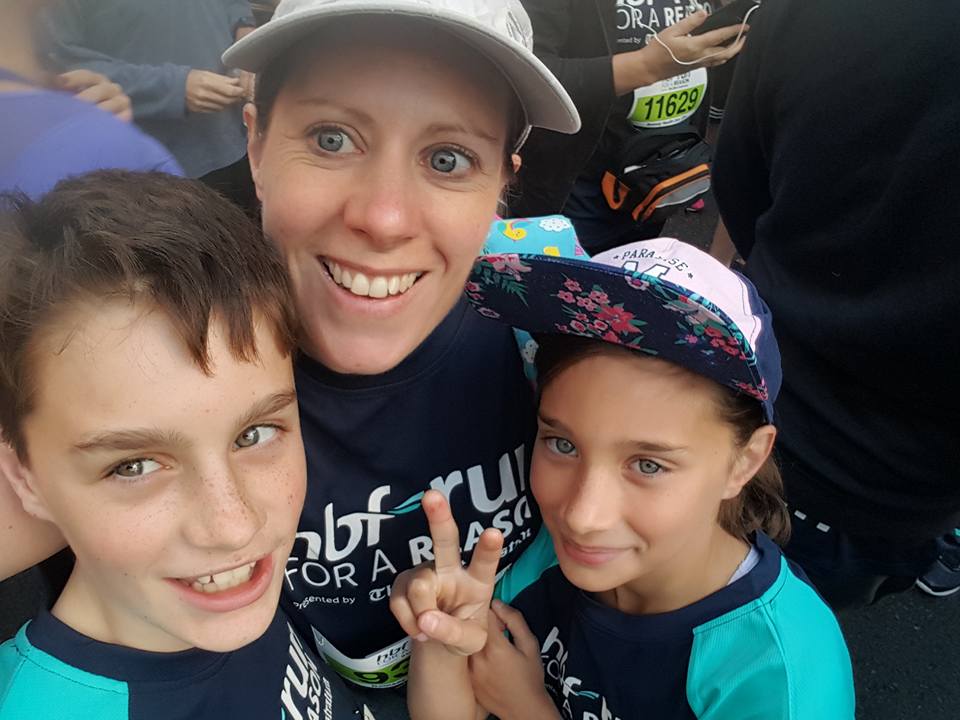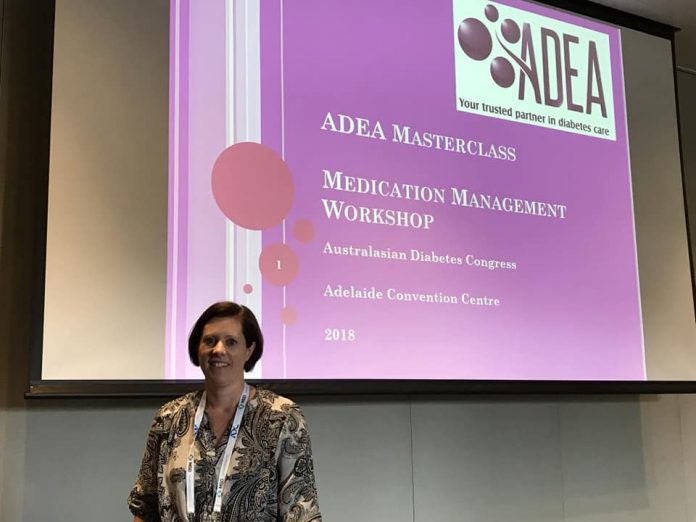As the years advance, for many older people that means a corresponding increase in the number of medications that keep the body ticking over.
And it’s not always as easy as swallowing a bucket full of tablets for breakfast. Some need to be taken with food, some without, and some don’t play well together. Getting it all sorted can be a bit tricky.
While pharmacists are always ready to have a chat about medications at the chemist shop, it’s not the most conducive environment for a chat about your drug taking habits.
And that’s where accredited pharmacist Alison Menzies comes in. She is one of a growing band of pharmacists, who armed with a referral from a GP, will come into your home to do a thorough medications review.
Even better, the service is covered by Medicare at no cost to the patient.
Alison’s company, HealthMed Lifestyle Clinic, is her vision for pharmacy – a health hub.
“As a pharmacist I believe in safe effective use of medications. Sometimes that means stopping, or changing formulation or adding medications,” Alison says.
“For me it always means looking at that person and knowing ‘their story’. This is what a home medication review (HMR) can help to achieve.
“The patient is more than the referral – they have experienced the diagnosis, the start of medications, the change of medications.
“They know what has worked, what has not. They know what food they like to eat, what makes exercise possible what makes it impossible and how they feel about that.
“Managing health conditions is more than starting or stopping a medication, it is looking at the person and knowing the other factors that can also be contributing.”
Alison says there are many elements to home visits and among the issues she discovers are missed medications, medications not matching GP records, doubling up of medications, not understanding generic medicines, and checking for adverse drug reactions.
She will also check for correct use of inhalers, insulin and other devices.
The report incorporates blood test results, so the clinical aspect back to the GP may include monitoring glucose levels, B12, kidney and liver function, lipid profile and so on.
She will also check to make sure the patient is able to swallow medications.
“I can see the home environment – are there many stairs, are there rugs, is it cold/hot? This information is hard for a GP to know.”
She will also check for correct storage of medications and if medications can be rationalised, if they are effective, and if the patient is isolated.
Alison says it is fairly common for her to be the only visitor for the week.
“Do they have any specialists? Should they? Are they being followed up? The GP is the gate keeper to specialists. GPs are time poor; paperwork is too heavy and things can be missed. Utilising a team approach to medications can help with this.”
Alison says when she first started HMRs she needed to learn how to interview people, how to obtain information so she could improve her skills to achieve the best outcome.
“Each HMR I complete is a learning curve still to this day. Each patient story fascinates, and I know I am privileged to be able go into people homes, into their lives.
“HMRs started for me so I could keep up to date. The enjoyment of my role means I have never wanted to give it up, even when working full time, if a referral came in I completed it. This was actually what led me to re-evaluate my career so that I could go back to completing more HMRs.”
Born in a small town in the UK, Alison says she always knew she wanted to do something medical.
“When I was completing my GCSE’s in Year 10 my school organised a two-week placement in a small local community pharmacy. I found the two weeks fascinating. I loved the interaction between patient and pharmacist.
“The pharmacist also took time with me; to explain a few medications, their interactions, why we would choose certain over-the-counter medications, what to look for and what to ask.
“I was curious to learn, curious to be part of this world, a curiosity that has continued to this day.”
Alison says HealthMed is about the pharmacist branching out and looking at each individual and matching their needs in terms of health, optimising their medication to maximise their health.
“I also have a dietitian and the aim is to eventually branch out further with other allied health services that I can offer.”
Alison completed her degree at Bradford University before working in the UK and travelling to Australia.
She moved to Perth in 2002 and has worked in Royal Perth Hospital, Osborne Park Hospital and the former Swan Districts Hospital.
When three children came along, and it was difficult to balance home and work Alison decided to become accredited to complete home medication reviews and residential medication management reviews at nursing homes and began promoting her services to local GPs and pharmacies.

Alison had gestational diabetes with two of her pregnancies which led to an interest in diabetes. She completed a postgraduate certificate in diabetes education in 2013 and then completed credentialling to become a credentialled diabetes educator early 2015.
“At this stage there were very few pharmacists who were diabetes educators and even fewer accredited pharmacist diabetes educators. I think then I was in the top 10–15 around the country. There are more now, which is great to see.”
Alison says HMRs are still flying under the radar and believes they are the best kept secret in the world, something that would be wonderful to see change.
HMRs are GP referral based so the person needs to have a GP referral and then this is covered under Medicare
Diabetes education is done in person through sites in Kalamunda or Midland.
“I have a dietitian and now she works through telehealth and I am in the process of recruiting a second.
“I have a passion for gestational diabetes so down the track I do hope to also have lactation consultant as one of my allied health assistants, I am also looking at an exercise physiologist. These will be in time as I slowly develop.”
Most of HealthMed’s referrals are Hills, Midland and Murdoch, reflecting the relationships Alison has developed over the years with differing GPs.
Alison believes there are around 2000 accredited pharmacists in Australia, and a much smaller proportion who are also diabetes educators.
“HMRs need to be driven by the pharmacist at the start so the GP can understand what the pharmacist can do. This takes time and perseverance and if you’re working a fulltime job already can be limiting.”
Diabetes and diet consultations work slightly differently.
“A GP can complete a GP management plan and Enhanced Primary Care Plan and this will allow for a Medicare rebate (currently $56 per appointment).
For dietitians, many private health funds cover a portion and some also provide for diabetes education.
For more information visit www.healthmedlife.com.au.



































